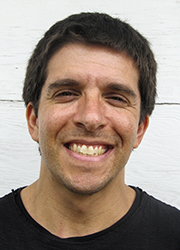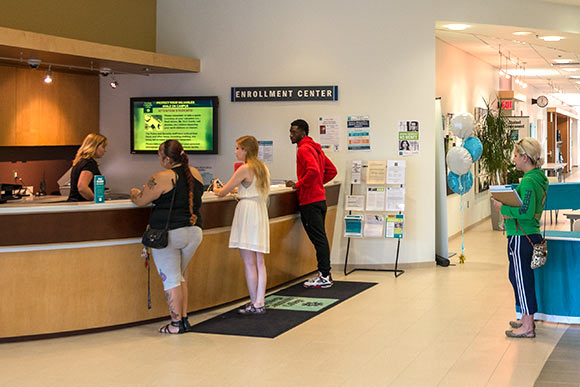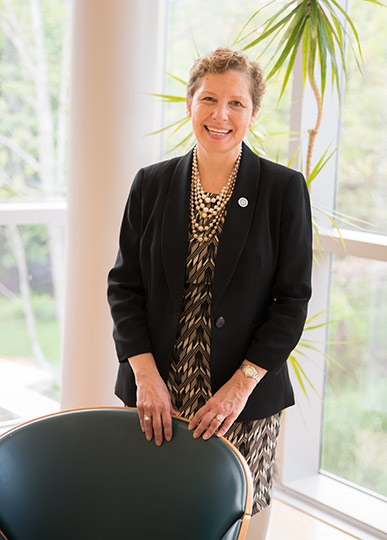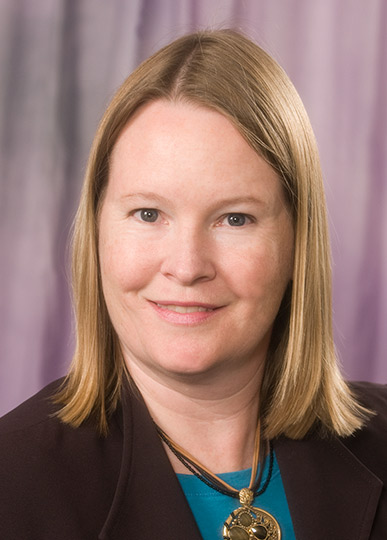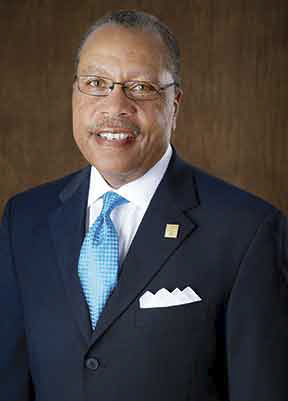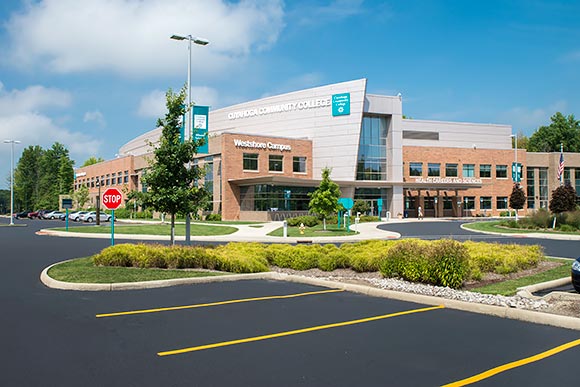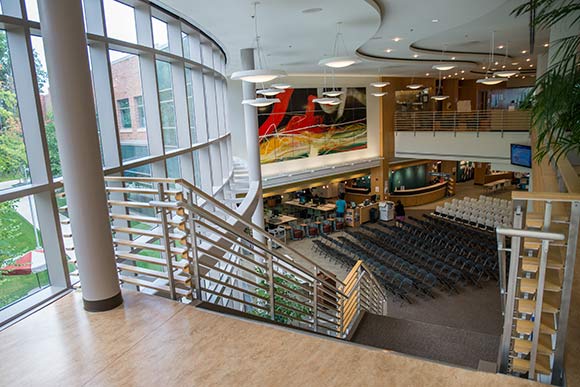opening up: tri-c expands service model with school-wide initiative
Empowering students to complete their education in a timely manner is the bedrock upon which Cuyahoga Community College was built over 50 years ago. Tri-C, which recently renewed its focus on bolstering graduation rates, now has some additional funding to back its play.
In June, the school received a $650,000 grant from the Cleveland Foundation to help finance its One Door -- Many Options for Success initiative. The college-wide effort going into effect this year will expand Tri-C's service model, providing structured support services through student-centric college success teams and other programming.
Choices, choices
The wide ranging venture is designed to be customizable, connecting students with the most appropriate programs to fit their needs, says Dr. Terri Pope, president of the college's Westshore Campus.
The three-year grant is part of the school's overall support of the project, Pope maintains. "Accessibility and enrollment are still going to be important for us, but now we're looking at what a student's path is like when they get here," she says.
The funding, part of $17.9 million in grants announced by Cleveland Foundation earlier this summer, will pay for consultant-led work sessions along with a coordinator for the grant and the outcomes around it.
Financing the success of Cleveland's talented student demographic is critical to the region's overall health, notes Kathy Hallissey, Cleveland Foundation's director of community-responsive grantmaking.
"Supporting education is one of our key priorities," says Hallissey. "This grant moves the needle on that."
While the details of One Door -- Many Options still must be established, there was little doubt that Tri-C's matriculation process needed to be retooled, says Pope. Each semester Tri-C offers more than 1,000 credit hours in some 140 career and technical programs and liberal arts curricula. That does not include the 600-plus non-credit workforce and professional development courses that are available annually.
Serving some 60,000 credit and non-credit students yearly meant a reestablished commitment to get those would-be scholars their sheepskins, whether a program certificate or associate degree from Tri-C or through transfer to a four-year university, says Pope.
"This is a big institution with much to offer," she says. "We have to make all of it more accessible."
It's all connected
The transformative initiative was heralded by the arrival of Tri-C President Dr. Alex Johnson in 2013. Officials view it as a continuation of the college's new First Year Experience program, which wraps a variety of services around incoming students.
The remapping of Tri-C's college-completion agenda could involve the linking together of various course programs across all campuses, in part through individual, large-scale student records that would be accessed electronically.
The all-encompassing nature of these records would provide students with a list of possible next steps and available services, differentiating them from a normal student transcript, note school officials. "The entire college is the design team on this [One Door] project," says Pope. "We're mapping the student experience and looking at all sides of the institution to put this together."
Pulling resources from every corner of Tri-C could result in a case-management approach, adds the campus president. For example, depending on his or her particular need, an individual student could be directed to cross-functional teams comprised of counselors, transfer center administrators and program coordinators from the school's Workforce and Economic Development Division.
The challenge will be making this entire process seamless. Multiple campuses containing separate enrollment centers can be confusing enough for those new to higher education, Pope says. Still, students need to know the options available, be it the nursing student with an interest in respiratory therapy or the wannabe business major angling for a concentration in human resources management.
"We're preparing students for a life of learning in the job world," says Pope. "A collaboration of resources will make it easier for them, no matter what campus they walk into."
